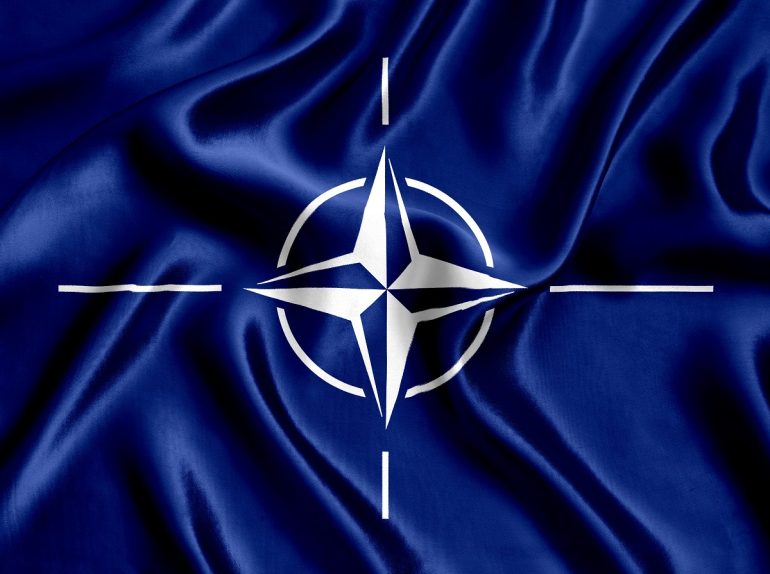The Czech Senate’s foreign affairs committee unanimously approved Finland and Sweden’s entry into NATO today, on the eve of the upper house’s plenary vote on the proposal.
Finland and Sweden applied for NATO membership earlier this year in reaction to the Russian invasion of Ukraine. To date, 23 out of the 30 NATO member states have approved their membership.
Senate Foreign Committee chairman Pavel Fischer (unaffiliated) said that Russian President Vladimir Putin has shown how aggressive Russia can be, and has thereby achieved his goal to change Europe. “He inspired and forced neutral countries such as Sweden and Finland to apply for NATO membership,” Fischer told journalists.
He said the accession of the two countries will be a contribution to NATO, since “Sweden and Finland are really big powers in terms of defence and defence capabilities.”
Fischer also said yesterday that he plans to visit Kyiv in late August. His trip will be a part of a mission of two dozen parliamentarians from around the world, invited by Ukrainian parliament head Ruslan Stefanchuk. The Senate Foreign Affairs Committee has given the green light to Fischer’s visit to Ukraine.
In July, representatives of the 30 NATO member states signed the protocols on the Finnish and Swedish accession to NATO, thereby taking a crucial step towards their admission. For the two Scandinavian countries to join the Alliance, the accession documents must be ratified by all NATO member states.
Support for NATO’s enlargement to include Finland and Sweden has already been voiced by the U.S. Senate and the parliaments of France and Italy.
The United States completed the ratification process yesterday when US President Joe Biden signed the proposal after its approval by the Congress.
The Czech Republic is among the seven countries that have not yet completed the process, along with Slovakia, Hungary, Spain, Portugal, Greece and Turkey. Biden urged these allies to follow the US and other countries as quickly as possible.
Early obstacles arose around the position of Turkey, which made its consent conditional on its demands being met related to the Kurdish members of some groups that Ankara labels as terrorists.
In Belgium, the accession documents must be approved by all six local parliaments, and the procedure can be expected to be much longer than in the Czech Republic, where the consent of the Chamber of Deputies is also necessary.
The protocols are international agreements of the presidential type. The two chambers of parliament must first give their consent to the ratification, which is subsequently signed by the president.





